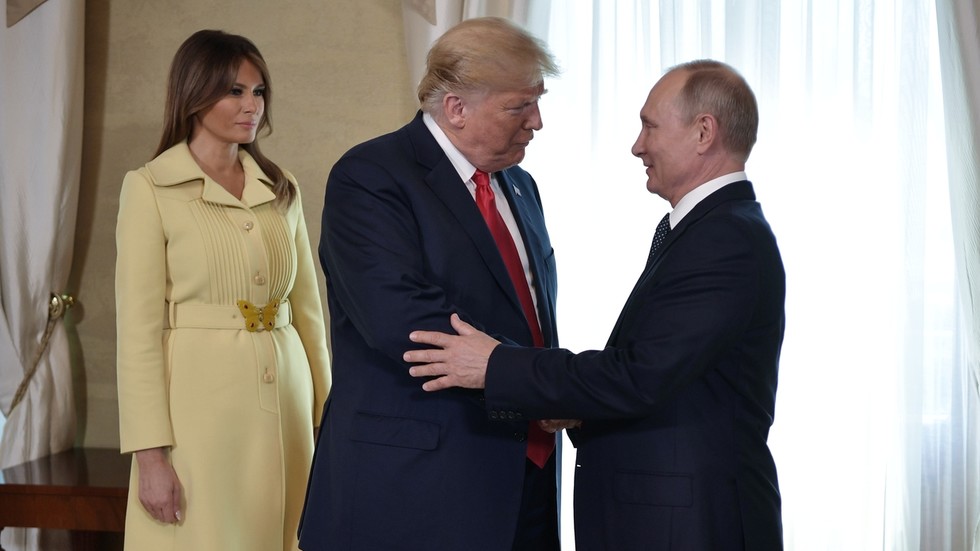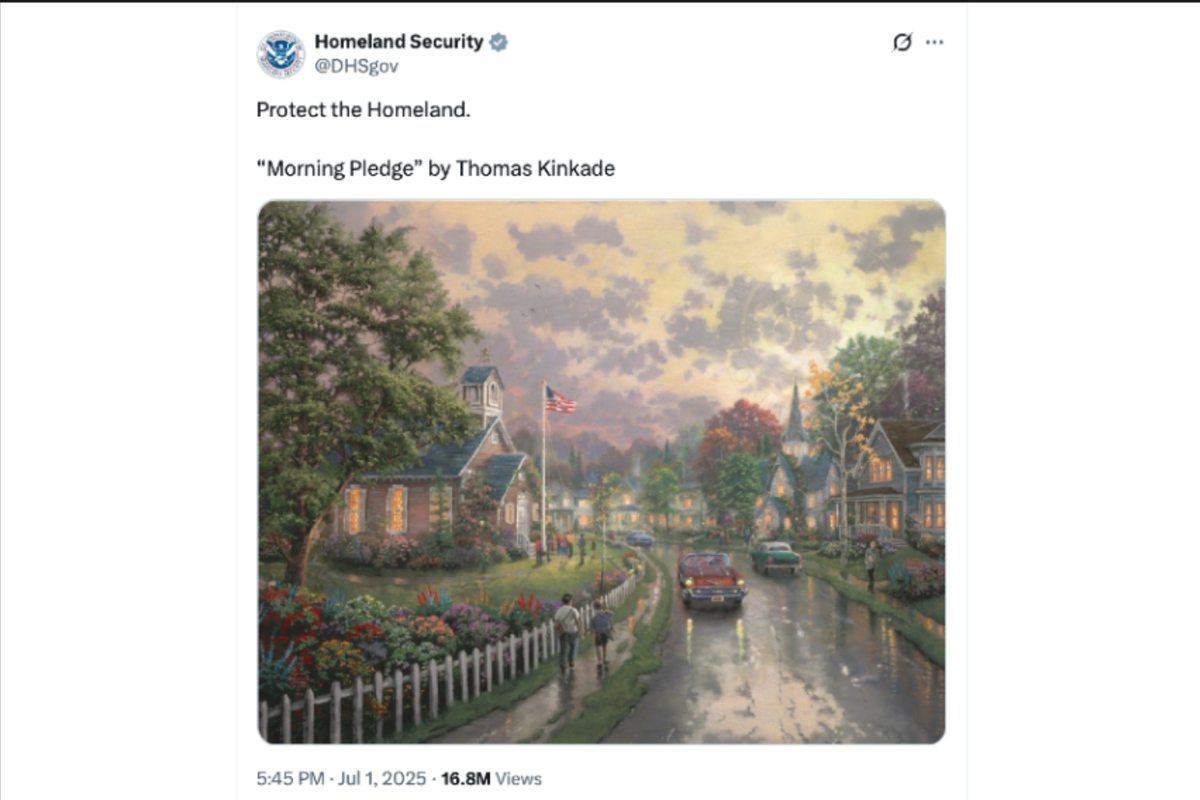US Environmental Protection Agency (EPA) Director Lee Zeldin on Tuesday argued that his agency does not have the authority to regulate greenhouse gas emissions.
Zeldin said a key 2009 scientific assessment of the dangers of greenhouse gases that underpins the federal government's legal authority and responsibility to regulate emissions — known as the "endangerment finding" — was based on flawed reasoning.
Zeldin further asserted that the Supreme Court's 2024 "Chevron deference" ruling meant the authority to regulate vehicle and energy emissions lies with Congress, not the EPA.
"We do not have that power on our own to decide as an agency that we are going to combat global climate change because we give ourselves that power," he said.
The EPA director said onerous environmental regulations have created a massive drag on the US economy and promised the government would slash emissions standards.
"If finalized, today's announcement would amount to the largest deregulatory action in the history of the United States," he said in remarks delivered at the Kenworth Truck Factory in Indianapolis, Indiana.
EPA boss says assessment of emissions threat was 'ideological'
Standing alongside Energy Secretary Chris Wright — a former gas industry fracking exec — New York Republican Zeldin accused previous Democratic administrations of producing an ideological assessment of the health threats posed by greenhouse gases.
Will it take a treaty to phase out fossil fuels?
An EPA press statement on the subject claimed that the Obama and Biden administrations had both used the finding "to justify over $1 trillion in regulations."
At the same time, the statement claimed the move to scrap the endangerment finding would save $54 billion annually.
No evidence was provided to back the claims.
What happens next?
The endangerment finding was a peer-reviewed assessment based on scientific consensus that followed the Supreme Court's landmark Massachusetts v. EPA case in 2007.
At the time, the court ruled that the Clean Air Act, which regulates air quality, gave the EPA authority to regulate greenhouse gas emissions and ordered the administration to determine whether these endangered public health.
Zeldin said the repeal of the endangerment finding would do away with electric vehicle mandates and drive "a dagger into the heart of the climate change religion."
The move is certain to face legal challenges and the administration will expect the Supreme Court to overturn its 2007 decision and rule in its favor when the case inevitably makes its way there.
Dan Becker of the US-based environmental NGO Center for Biological Diversity told AFP news agency that it is unique for the government itself to be arguing against stricter regulation, not industry.
Becker said he hoped the court will "recognize that this is science and not politics."
"There was a good reason for that [2007] precedent and no good reason to revoke it," he said.
"But ... this is a very political court," he added.
The proposed change will be subject to a 45-day public comment period.
Since returning to the White House in January, US President Donald Trump has again withdrawn the US from the Paris Agreement and forged ahead with the promise to massively expand the country's fossil fuel industries.
Climate expert: Paris Agreement 'definitely not dead'
Edited by: Wesley Rahn

 16 hours ago
5
16 hours ago
5









